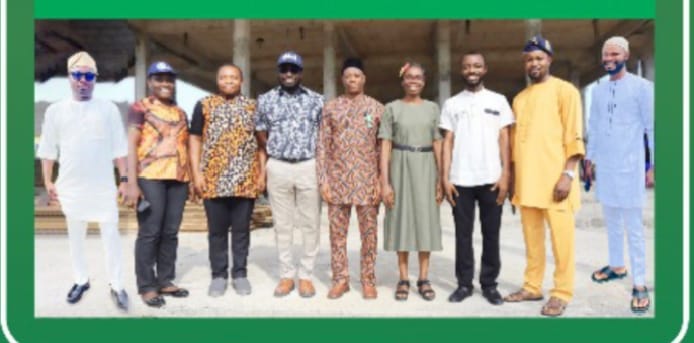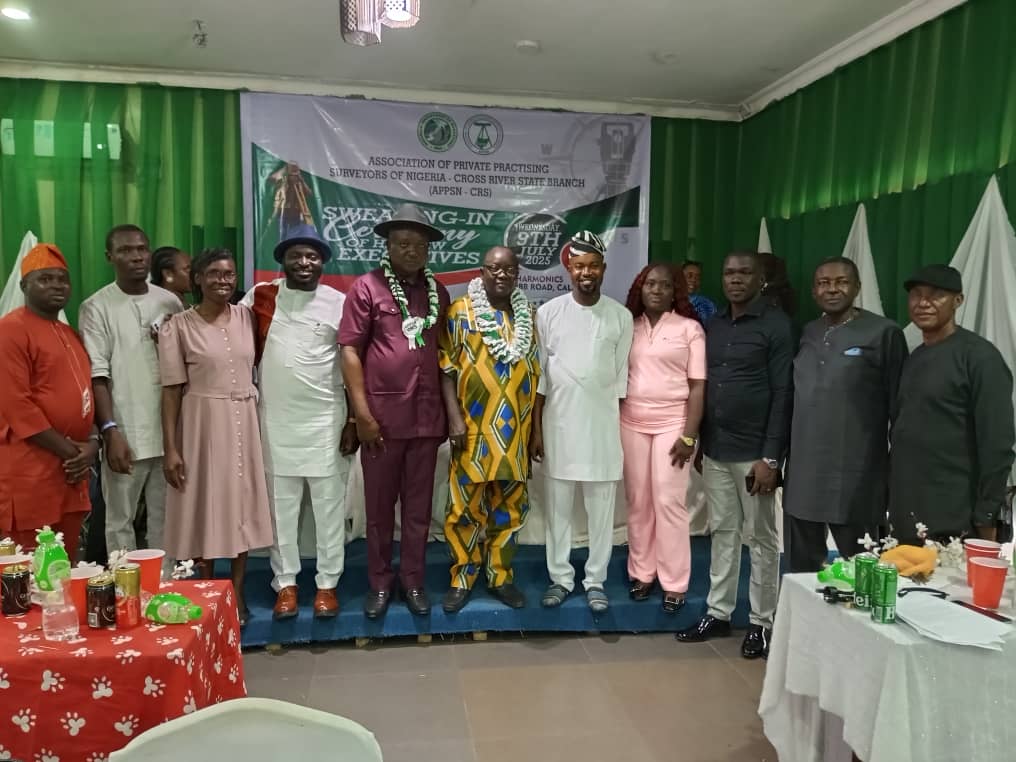Photograph Source: Chairman of the Joint Chiefs of Staff – CC BY 2.0
For the past 20 years, the Washington Post’s David Ignatius has been the mainstream media’s leading apologist for the Central Intelligence Agency, and his latest editorial essay (“Intelligence analysts are still doing their job”) indicates he is loathe to yield his title. In reviewing the CIA’s “Annual Threat Assessment,” Ignatius falsely credits the CIA’s analysts with “giving priority to Trump’s concerns but not, so far as I could tell, fudging the facts.” In my 25 years as a CIA intelligence analyst, I often worked on these annual assessment and can assure readers that Ignatius is terribly wrong when he states that in these assessments “priorities can shift, for better or worse, depending on who’s in power.”
Ignatius is arguing that the annual assessments are politicized to some degree as a matter of course, but directors such as Richard Helms, William Colby, Adm. Stansfield Turner, and William Burns refused to engage in politicization. Directors such as William Casey, Robert Gates, and James Schlesinger tried to politicize assessments, but they were often challenged successfully. This year’s assessment is blatantly political and suggests that, like other agencies and departments of government in the Trump era, the CIA is not willing to tell truth to power.
The worst example of politicization in this year’s annual assessment is the fact that climate change was ignored as a critical threat to U.S. national security. For the past several years, one of the strong areas of agreement throughout the intelligence and military communities was the consideration that climate change was the number one threat to U.S. security. The Trump administration is damaging the work of Joe Biden’s Environmental Protection Agency, and the CIA is obviously paying no attention.
The softening of the language toward Russia suggests that CIA’s directorate of intelligence—now reporting to Director John Ratcliffe—decided to accommodate a new softer line on Russia. Ignatius argues that the “underlying analysis of Russia…is consistent with last year’s assessment.” Not true! From my past experience challenging the politicized views of William Casey and Robert Gates in the 1980s, I would guess (and hope) that there are intelligence analysts pushing back against Ratcliffe.
Last year’s assessment argued that Moscow “seeks to project and defend its interests globally and to undermine the United States and the west.” But this year’s assessment accommodates the Trump administration by arguing that the “west poses a threat to Russia,” and that the Kremlin’s objective “to restore Russian strength and security in its near abroad against perceived U.S. and western encroachment…has increased the risks of unintended escalation between Russia and NATO.” Last year’s assessment described Russia as a “resilient and capable adversary across a wide range of domains.” This year’s assessment refers to Russia as a “potential threat to U.S. power, presence and global interests.”
The threat assessment says nothing about disarmament, although Russia, China, Iran, and even North Korea have hinted that they are prepared to open talks with the United States regarding arms control. At the same time, the assessment makes matters worse by exaggerating the possibilities for “adversarial cooperation” among Russia, China, Iran, and North Korea. The CIA anticipates greater threats from each of them individually, posing new challenges to U.S. strength and power globally. It says nothing about dialogue and diplomacy with the group, which coincides with the Trump administration closing down the United States Institute for Peace, which has provided policy guidance in recent years over the possibility of such talks.
In addition to CIA’s tilting in the direction of Trump’s distorted views, we have Secretary of Defense Pete Hegseth reorienting U.S. military policy in a similar direction. And to make matters worse, the secret internal guidance from the Pentagon is in some places word-for-word duplications of text written at the Heritage Foundation last year. According to the Washington Post, the guidance outlines Trump’s vision for winning a potential war with China and for defending against such threats in the “near abroad” as Greenland and the Panama Canal. I participated in numerous war games at the CIA and the National War College over the years, and the United States was on the losing end of all of the encounters designed to defend Taiwan.
There are various examples in the threat assessment of truckling to Donald Trump. A major example is the assessment that the Israel-HAMAS conflict derailed the unprecedented
diplomacy and cooperation generated by the Abraham Accords. The assessment describes a “trajectory of growing stability in the Middle East.” This exaggerates the impact of the Abraham Accords, which Trump constantly praises, as well as the “trajectory of growing stability in the Middle East.” There was no such trajectory, particularly as a result of Israel’s right-wing government.
There are similar distortions throughout the assessment. Iran has taken a military beating since the Hamas attack of October 7th, but the CIA claims that Iran’s conventional and unconventional capabilities pose a threat to U.S. forces. There is the claim that the fall of President Bashar al-Asad’s regime at the hands of opposition forces led by Hay’at Tahrir al-Sham (HTS) has created conditions for extended instability in Syria. Actually, the emergence of HTS offers the first opportunity since 2011 for creating some political stability in Syria, and lifting U.S. sanctions against Syria could contribute to a diplomatic exchange between Washington and Damascus. It is the job of CIA to point to opportunities for U.S. diplomacy, and not just engage in worst-casing of the geopolitical environment.
The intelligence distortions from the annual threat assessment were presented at the same hearing before the Senate Intelligence Committee that heard blatant lies from Director of National Intelligence Gabbard and CIA Director Ratcliffe. It is David Ignatius’s job to expose these distortions and lies, but he is too busy obfuscating them.
In addition to ignoring climate change, there is another existential threat that neither the CIA nor the Pentagon is in a position to describe, which is the threat of having Donald Trump and his troglodytes in the White House for three and a half more years.
© Counter Punch





